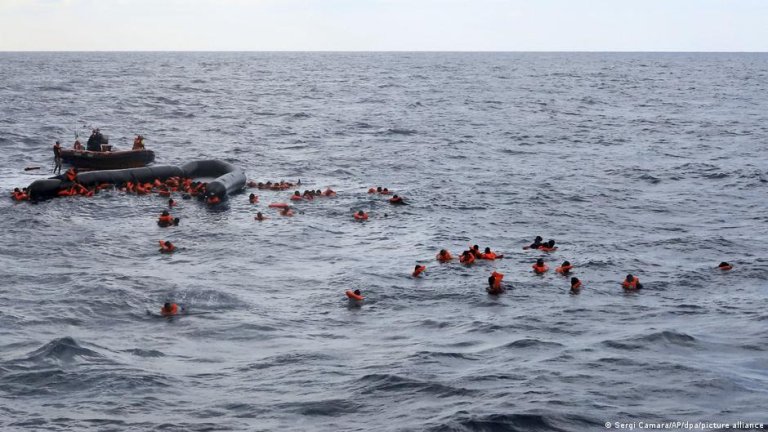At least 26 people have been confirmed dead after a migrant boat sank off the coast of Senegal two days ago, the country’s navy reported on Tuesday. This latest tragedy occurred near the western town of Mbour, a key departure point for migrants seeking to reach Europe.
In a post on X (formerly Twitter), the Senegalese navy confirmed that 17 bodies were recovered on Tuesday, adding to the nine initially reported dead after the Sunday shipwreck. The search for survivors continues, as many passengers remain missing.
Witnesses from Mbour said the overcrowded vessel capsised shortly after departing from the shore. Senegal’s coastline has become one of the main hubs for migrants attempting the treacherous Atlantic route to Europe, despite the perilous conditions. Strong ocean currents and overloaded, often unseaworthy boats contribute to the thousands of deaths and disappearances that occur each year along this route.

Many migrants depart from Mbour, a significant fishing port in Senegal, hoping to reach Spain’s Canary Islands, a common destination for those making the dangerous crossing.
Former Senegalese Prime Minister Aminata Touré, recently appointed as High Representative to President Bassirou Diomaye Faye, expressed her “solidarity” and “compassion” for the victims’ families in a message on X. She urged young people to abandon illegal migration and focus on opportunities within Senegal, where she said significant changes are underway.
So far this year, over 22,000 migrants have arrived in the Canary Islands, more than double the number recorded in the same period last year.
At the end of August, Spanish Prime Minister Pedro Sanchez signed agreements with Senegal, The Gambia, and Mauritania during a tour of West Africa. These agreements are aimed at promoting legal migration, creating a framework for regular entry into Spain based on labour market needs.
On Monday, the Gambian government warned of “unscrupulous elements” engaging in illegal recruitment of Gambians for work in Spain, bypassing these new legal frameworks. A government statement urged citizens to avoid dealing with unauthorised agents operating without proper licences, which violates Gambian labour laws.
The Spanish embassy declined to comment on the issue.


